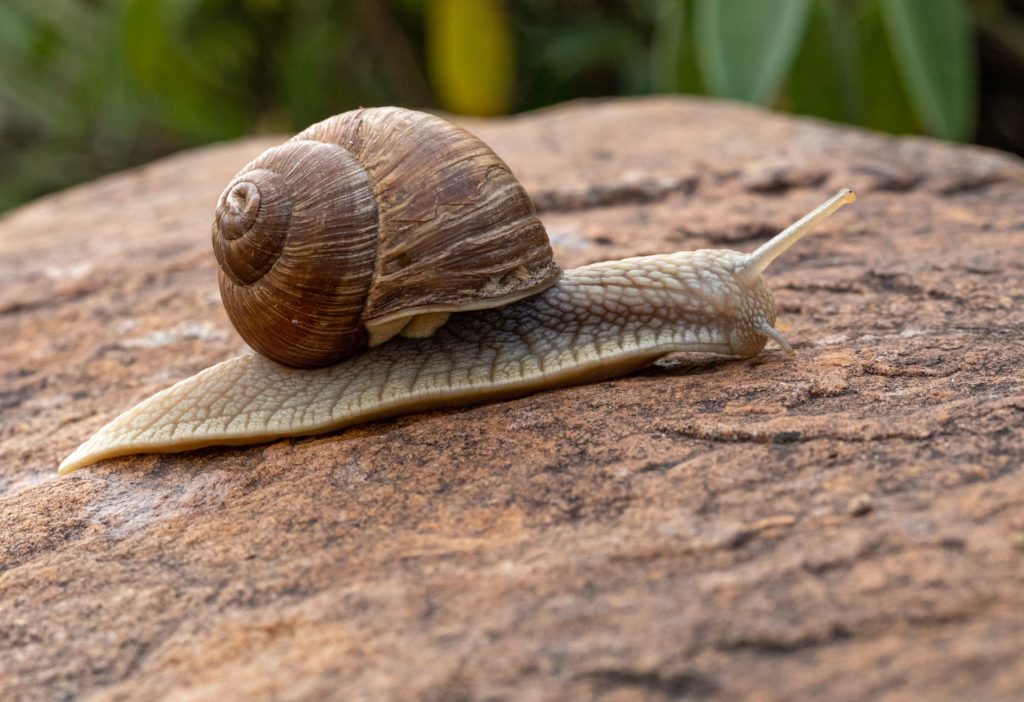Summer means the garden is bursting with flowers, and the vegetable garden is flourishing. Unfortunately, it also means that the garden is full of unwanted garden pests, from snails to aphides. Here’s to deal with these unwelcome guests.

Image – free for commercial use
Use Their Natural Enemies
Not all insects are bad news for your garden. Ladybirds, spiders, and beetles will prey on pests. Look out for these garden-loving insects and try to encourage them to visit your garden by planting plants that produce nectar and pollen.
Use Barriers
Make a physical barrier to prevent pests from getting at your plants. The easiest way to do this is with a fine net. Put the net over the plats, leaving enough space for the plant to grow.
You can also add a cardboard collar around the stem of a plant. Press it into the soil to prevent burrowing insects from getting at your plants through the soil.
If you’re annoyed by squirrels on the birdfeeder, here is an educational source about squirrel control and effective barriers.
Companion Planting
Some plants produce natural insect repellent, which makes them great to plant next to crops. This is called companion planting. Planting garlic among your vegetables will put off Japanese beetles, aphids, and spider mites. Basil protects tomatoes from hornworms, and marigolds protect cucumber and squash from beetles and nematodes.
Keep Your Soil Healthy
Healthy soil produces stronger plants, with better resistance to the damage caused by insects. Before you plant, turn the soil and add some organic matter like manure or compost to provide nutrients.
Hand Pick Larger Pests
It can be quite effective to remove pests like slugs, snails, or caterpillars by hand. Wear gloves if you’re squeamish.
Crop Rotation
Crop rotation is planting different kinds of vegetables in different parts of the garden each year to reduce pest infestation. Some insects spend the winter underground and come back in spring to look for food. If the plant they eat has been moved, they’re forced to move too, putting them at risk of attack by other insects or birds.
Use A Slug Beer Trap
A lot of garden pests can be lured into traps. One good example of this is making a trap filled with beer to lure in slugs and snails.
Use Pesticides
A lot of different kinds of pesticides are available to help you in the fight against garden pests.
- Slug pellets – these are bright blue pellets that you sprinkle around your plants to kill slugs and snails that would eat and kill the plants. The pellets are effective and fast.
- Spray chemicals – this is a liquid pesticide applied with a handheld sprayer. You can buy these in a variety of formulations. Ask your local garden centre which would work best for your needs.
- Organic pesticides – these contain no chemicals but will still kill pests. These are perfect for use on fruit and vegetables.
Be careful with pesticides if you have children or pets, and always read the manufacturer’s instructions carefully before you use them.
